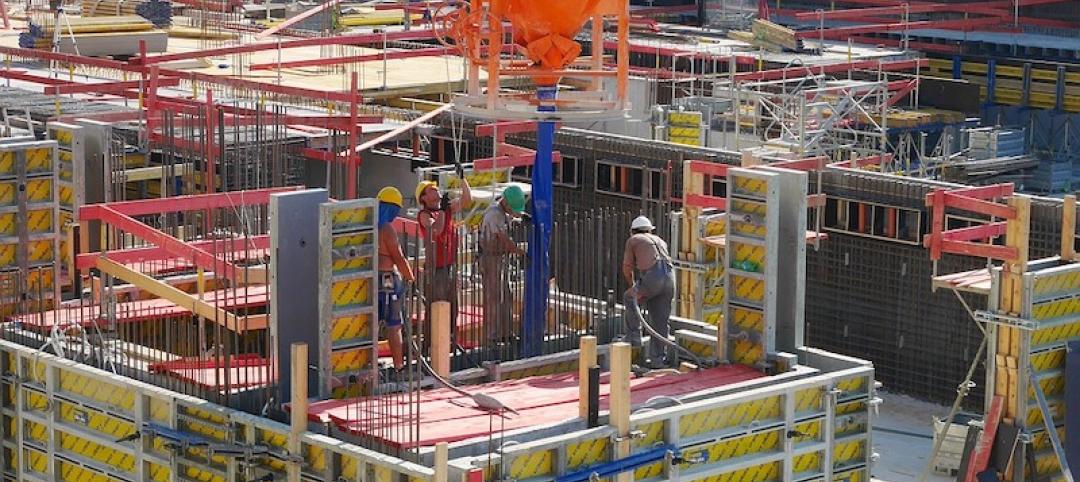Two years ago, a plan to create a smart city project along Toronto’s waterfront was unveiled with great fanfare.
Since then, the proposal, spearheaded by Sidewalk Labs, a subsidiary of Alphabet (Google’s parent company) has prompted extensive public criticism and a lawsuit by the Canadian Civil Liberties Association over data privacy and misuse concerns. The ambitious project was conceived as a showcase for the latest smart city technologies.
The project is to be centered on sustainable and safe transportation systems, and efficient and affordable housing. Technology such as “adaptive traffic lights” would prioritize cyclists and pedestrians and study the possibility of autonomous transit options. Innovative building materials and new occupancy models, like “co-housing”, would offer green, reasonably-priced housing.
With sensors tracking people and vehicles sprinkled throughout the development, privacy rights advocates are concerned that the data could be used for surveillance and discourage people to exercise free speech rights. It didn’t help that at public hearings Sidewalk Labs seemed unable to spell out where this data would be stored and how it would be used.
The company also presented a greatly expanded scope of the proposal from the original 12 acres to a 190-acre area at a public meeting, perhaps misreading the intent of the agreement with the city. These issues have caused delays to the project, but Waterfront Toronto, the city group overseeing it, recently voted to go forward with the 12-acre development.
Other smart city projects around the globe, including in South Korea and India, have been also been plagued by delays and controversies. These challenges indicate that making cities smarter will not be easy.
Related Stories
Urban Planning | Jul 8, 2019
U.S. cities experience ‘Doppler shift’ in walkable urban development
The walkability trend is spreading to urbanizing suburbs.
Codes and Standards | Jun 27, 2019
Construction workers need continuous skills upgrades
A report by Autodesk and Deloitte focuses on how workers can succeed in an automated world.
Codes and Standards | Jun 27, 2019
Updated standard for liquid applied flashing for exterior wall openings released
AAMA document establishes minimum performance requirements.
Codes and Standards | Jun 27, 2019
Public restrooms being used for changing clothes, phone conversations, and 'getting away'
About 60% of Americans use a public restroom one to five times a week, according to the latest annual hand washing survey conducted by Bradley Corporation.
Codes and Standards | Jun 21, 2019
Green Globes 2019 accepted as a revised American National Standard
Advances include language on resilience, life cycle cost analysis, moisture control analysis, health, and effectiveness.
Codes and Standards | Jun 14, 2019
Reports from Intl. Code Council focus on expanding use of shipping containers as building materials
Three companies show compliance for using containers for housing.
Codes and Standards | Jun 13, 2019
Report explores potential for rope-less and multidirectional elevators in tall buildings
Technology can enable cities to be more interconnected, efficient, and accessible.
Codes and Standards | Jun 12, 2019
USGBC-LA launches Net Zero Accelerator
Goal is to enable building tech market adoption for a net positive future.
Codes and Standards | Jun 11, 2019
BREEAM USA In-Use standard to be released this fall
Will expand to include residential and multifamily for assessment and certification.
Codes and Standards | Jun 10, 2019
Intl. Code Council releases Natural Disaster Preparedness Guide
Provides tips for staying safe during and after a hurricane or severe weather.

















